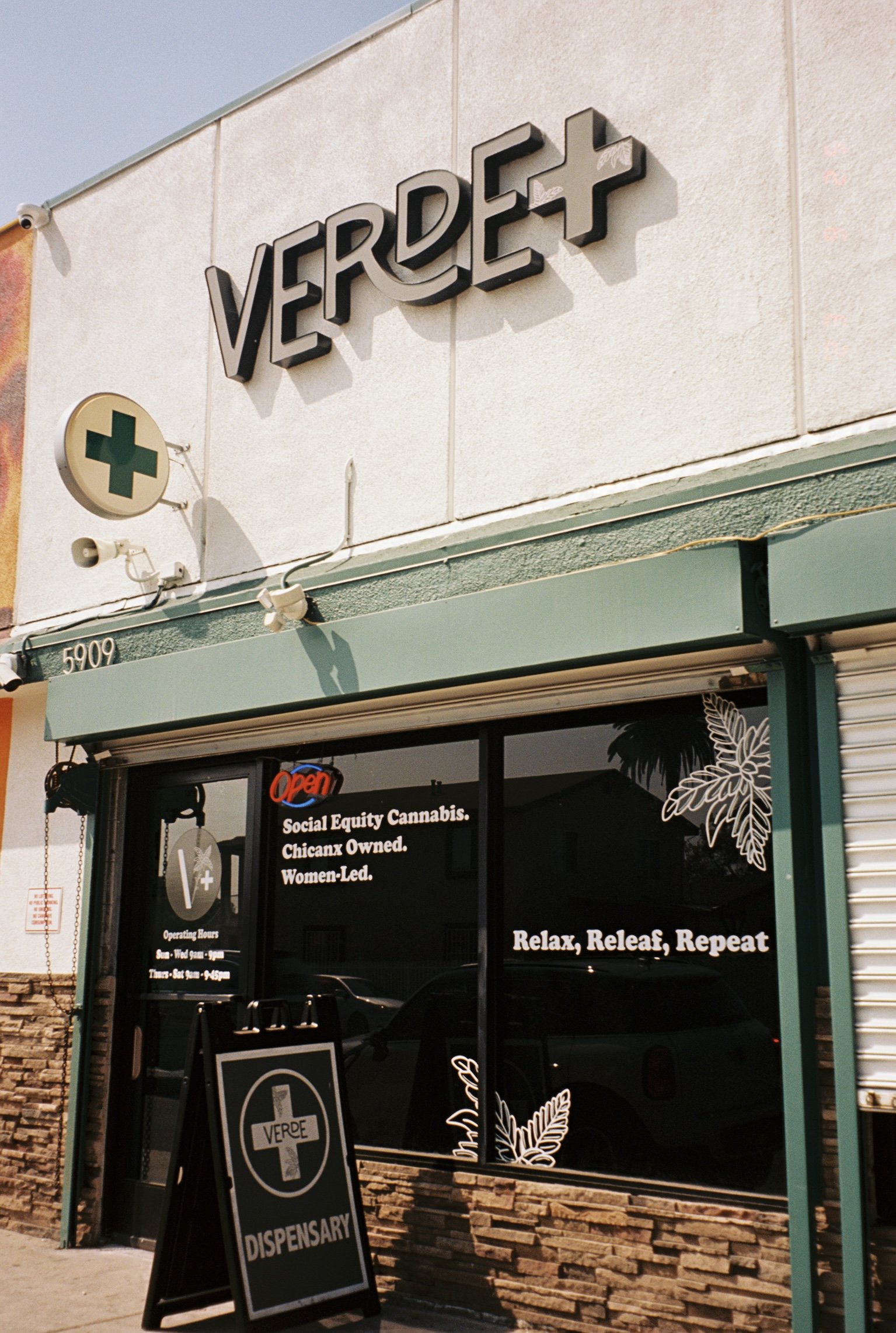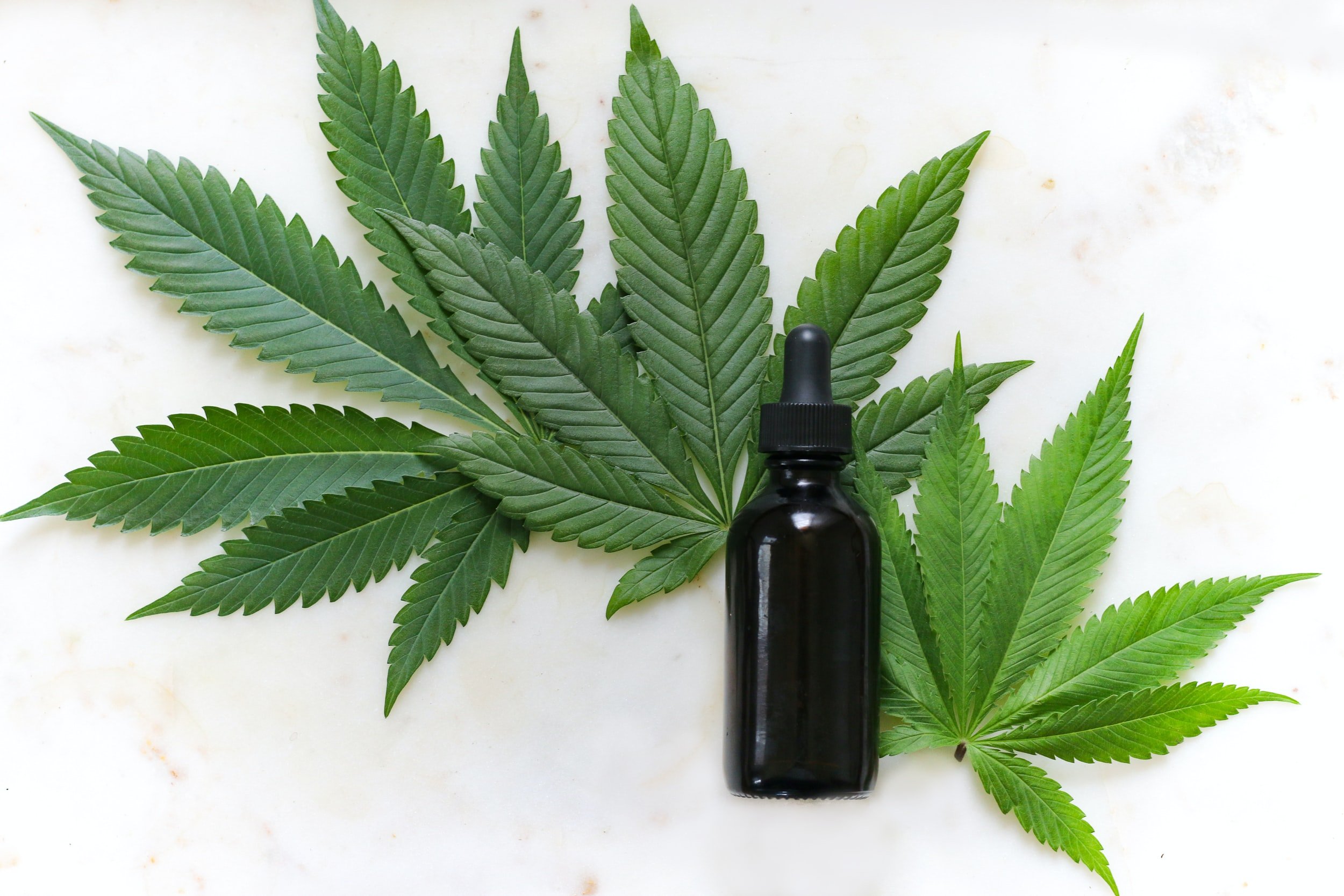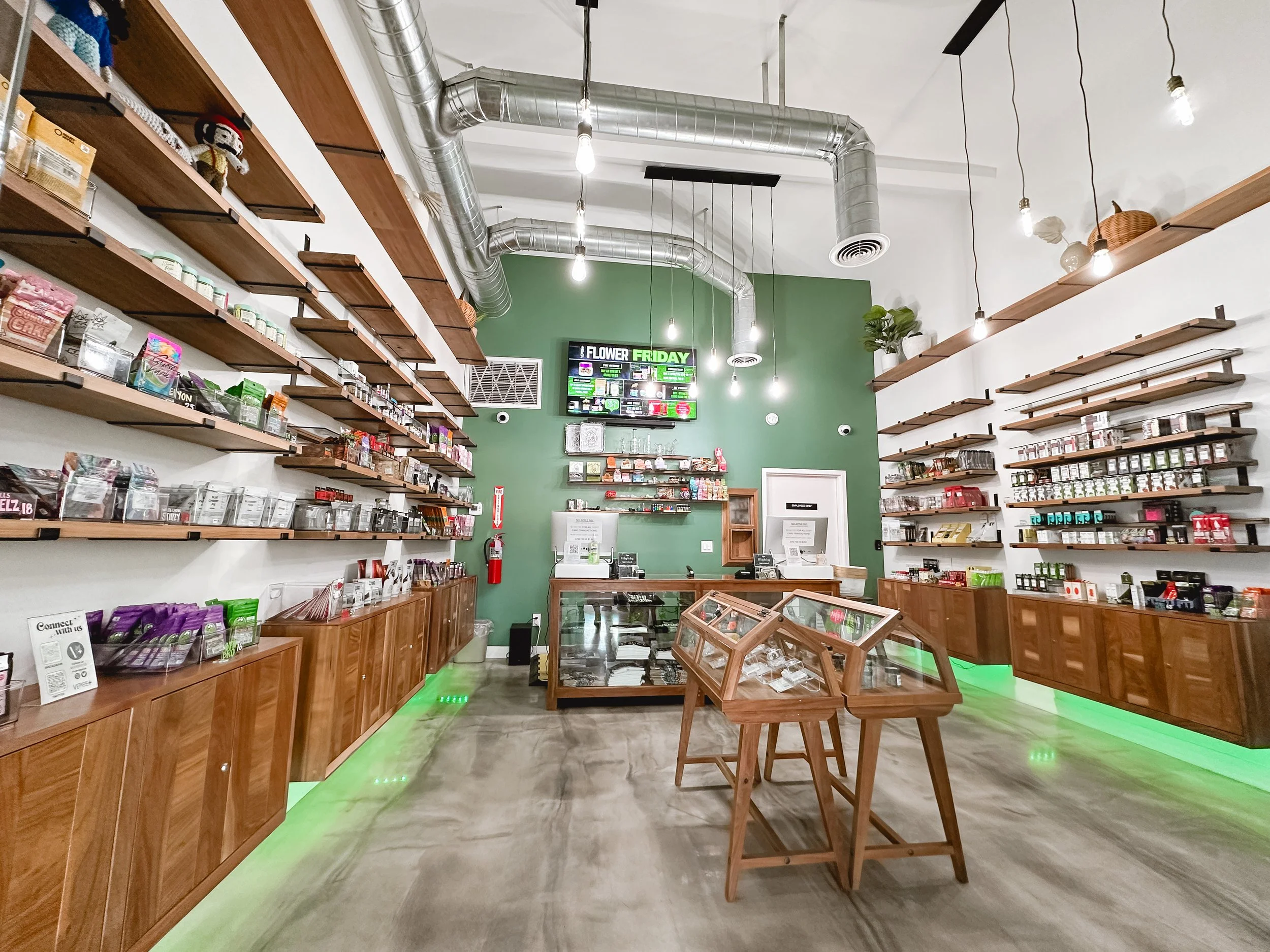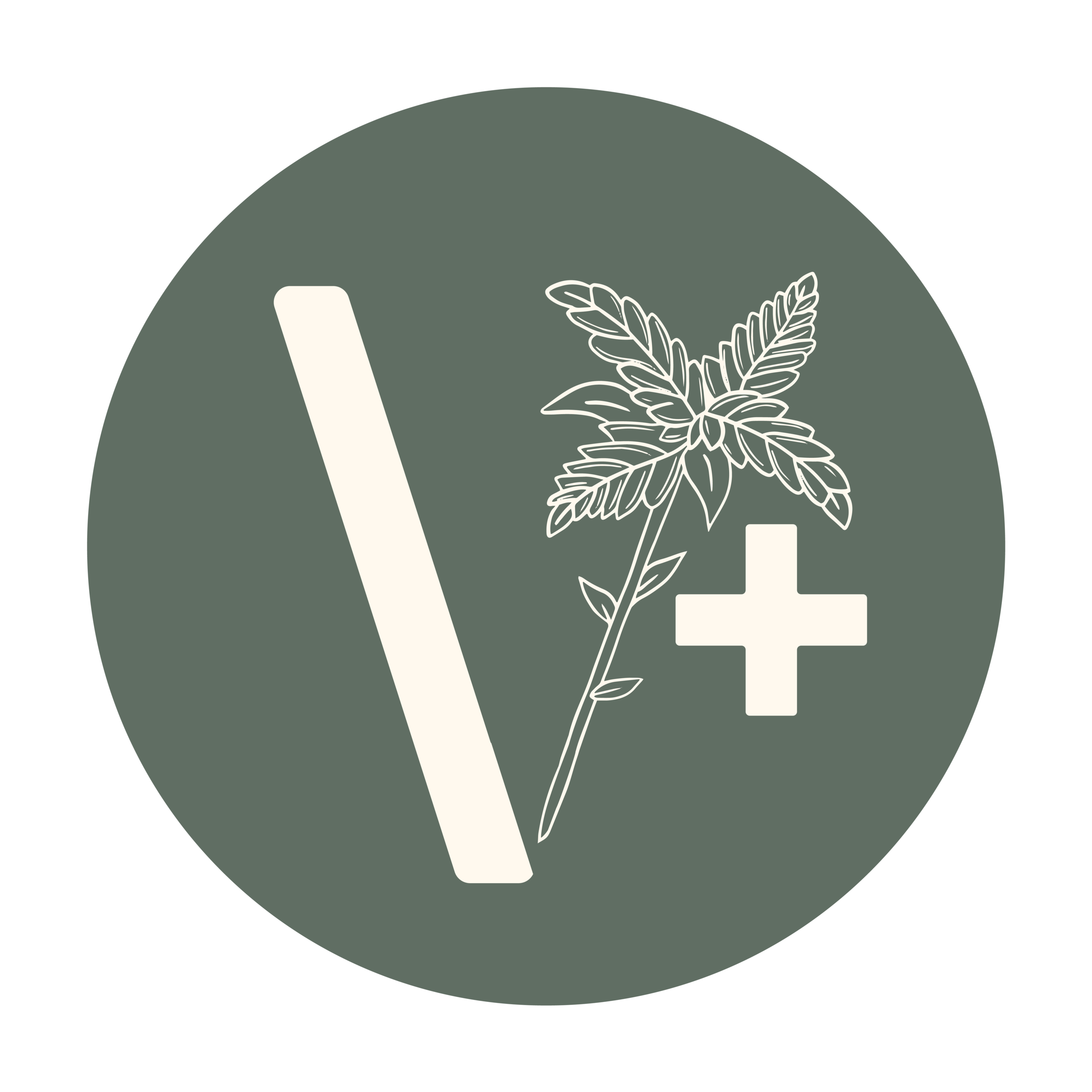social equity cannabis.
In 2017, the City of Los Angeles proposed a Social Equity Program with the intent to help decrease disparities in those communities negatively impacted by the War on Drugs. We applied for this program, and quickly discovered how little opportunity the city was actually willing to distribute.
In the Fall of 2019, after nearly two years of awaiting the launch of the program for Social Equity Retail Licensing, the City of L.A. opened its first-come, first-serve online application. It was apparent that corruption had occurred, therefore the legitimacy of the first-come, first-serve process was proven invalid.
This major injustice left us three spots shy of the opportunity of obtaining one of the 100 licenses.
Due to public outrage, Life Development Group and the California Minority Alliance fought a long and grueling battle alongside other committees such as Empowerment Congress West Neighborhood Council’s Cannabis Committee and SLAANC, representing the 15 Neighborhood Councils in South Los Angeles who were hit hardest by cannabis arrests.
The mayor finally folded from the pressure of the groups and ordered a third-party audit, but the city failed to make a motion to address the community’s outrage about the Department of Cannabis Regulation’s misconduct. Without any proper communication or resolution from the city, community members organized to confront the mayor in public, on the lawn of City Hall, to demand action. The mayor consequently ordered the city’s DCR halt distribution of the first 100 Social Equity Licenses.
News of a leaked videotape of council president Herb Wesson’s chief deputy stating that people had entered the application portal early indicated that the first-come, first-serve process was invalid, so community members demanded the Cannabis Regulation Commission and city council form a Community Stakeholder Working Group for oversight of audit and policy reform.
City Council canceled the last meeting of the year, leaving Social Equity Applicants with no resolutions and accumulating monthly bills from leases on acquired commercial properties pending licensure.
In an effort to protect the rights of Social Equity applicants from even more predatory practices from city officials, lawyers, investors, and so-called “advocates,” LDG joined a coalition of applicants to form the Social Equity Owners and Worker Association, or SEOWA—a union solely operated and organized by Social Equity Applicants, including ourselves.
In March of 2020, the City of Los Angeles released the long-awaited results of the audit, officially admitting that 226 applicants had entered the application portal early, yet deeming the DCR’s process to be fair and transparent. The audit admitted that “applicants were disadvantaged” in the first-come, first-serve process. This admission of fault with no accountability f0r the flawed process led SEOWA to file a lawsuit against the City of Los Angeles and DCR to address the dire need for justice and accountability.
Two months later, and after a year of pressure from the community, DCR proposed changes to the program and published new “equity share requirements” in an effort to combat predatory agreements.
This response was unsatisfactory, so a temporary restraining order against the city was presented, leading Judge Mary Strobell to grant SEOWA a preliminary injunction hearing.
The expedited hearing compelled the City of L.A. to offer a settlement for 100 additional social equity retail dispensary licenses.
SEOWA agreed to drop the lawsuit and accept the settlement agreement ($300M valuation), on July 10, 2020. We had thought hope for our family business was lost, but thanks to SEOWA, these additional licenses allowed us to make the cut. This opportunity meant our dream could soon become reality after all.
Despite the odds against us, our family worked hard to put our heads together and figure out how to start a business with no background or education in business. We successfully filed our 90 page application, but that was only the beginning of the grueling three-year application process. Delays in the Social Equity program bred even more predatory behavior from investors, land owners, and many more looking to take advantage of Social Equity Applicants who were in need of a helping hand due to the fact that most people who qualified for this Social Equity Program did not have the tools to start a business on their own due to disproportionate education, funding, and landownership. Many applicants struggled to hold on to their properties through the delays, and ultimately lost the battle along with their dreams of owning a business.
We were one of the fortunate few who had luck on our side. Thanks to SEOWA and the mentoring of Kika Keith, founder of the grassroots organization LDG and owner of Gorilla Rx Wellness Co., we were on our way to achieving our dream of running a family-owned small business.
In 2021, we were finally able to begin working on the buildout of our shop that we had managed to hold onto throughout the two-year struggle. With nothing but a passion for actualizing the dream of breaking the cycle of poverty our family has faced for generations due to systemic poverty and institutional discrimination, our two-person team successfully began building a family cannabis business from the ground up.
After over a year of learning and navigating, waiting and hoping, building and designing, and signing and filing, Verde+ has finally come to fruition.
on july 2, 2022 we were finally able to open the doors to our community.















